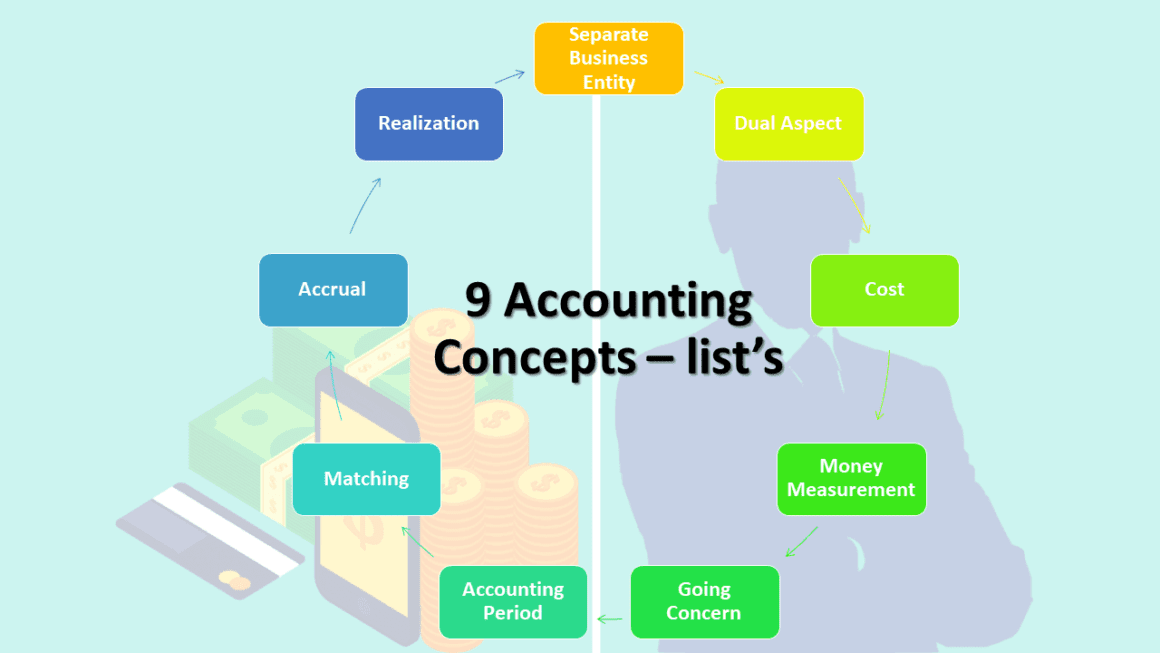
Management accountants in a company prepare the financial statements. Thus, management accountants must be knowledgeable concerning financial accounting and reporting. The financial statements are the representations of management, not the CPA firm that performs the audit.
What is the difference between a hobby and a business?
When the client pays the invoice, the accountant credits accounts receivables and debits cash. Double-entry accounting is also called balancing the books, as all of the accounting entries are balanced against each other. If the entries aren’t balanced, the accountant knows there must be a mistake somewhere in the general ledger. The second set of rules follows the cash basis method of accounting. Instead of recording a transaction when it occurs, the cash method stipulates a transaction should be recorded only when cash has been exchanged.
What Are the Golden Rules of Accounting?
The Knights Templar were the first to hold assets on behalf of others and make loans on those assets. As such, the Knights Templar are sometimes credited with creating the foundations of today’s banking system. Accounts were first created so that people could borrow to travel to the Holy Land and hold and amass wealth that was often stolen during the Crusades. Finally, “account” can also refer to a brokerage account, which holds customer assets at a licensed brokerage firm. In this type of account, an investor deposits money or other assets and the broker places trades on behalf of the client.
Where Do Accountants Work?
It’s also worth noting that while all CPAs are accountants, not all accountants are CPAs. While financial accountants often use one set of rules to report the financial position of a company, tax accountants often use a different set of rules. These rules are set at the federal, state, or local level based on what return is being filed. This field covers a lot of the same ground as financial accounting. For example, they might recommend an online payroll service to cut overhead costs. Equity accounts deal with income or expenses not directly related to the products or services it provides, such as stocks or retained earnings (money to be invested back into a business).

While accrued accounting is more complicated, it paints an accurate picture of finances long-term. Businesses report assets and liabilities broadening the tax base and raising top rates are complements not substitutes at the cost they paid to acquire them. On one hand, businesses may prefer to report at the market rate because that reflects current value.
- The role of equity differs in the COA based on whether your business is set up as a sole proprietorship, LLC, or corporation.
- Diane Costagliola is a researcher, librarian, instructor, and writer who has published articles on personal finance, home buying, and foreclosure.
- In most other countries, a set of standards governed by the International Accounting Standards Board named the International Financial Reporting Standards (IFRS) is used.
- Businesses report assets and liabilities at the cost they paid to acquire them.
How we make money
These records are then classified into suitable headings and groups. This classification is important because all information must be seen in a proper perspective to be meaningful. Diane Costagliola is a researcher, librarian, instructor, and writer who has published articles on personal finance, home buying, and foreclosure. Accounting is a back-office function where employees may not directly interface with customers, product developers, or manufacturing.
Accounting converts business transactions in money terms, classifies and records transactions in the books of accounts, and summarizes transactions. Yes, it is a good idea to customize your chart of accounts to suit your unique business. There are five main account type categories that all transactions can fall into on a standard COA.
Information is relevant to the extent that it can potentially alter a decision. Relevant information helps improve predictions of future events, confirms the outcome of a previous prediction, and should be available before a decision is made. Reliable information is verifiable, representationally faithful, and neutral. The hallmark of neutrality is its demand that accounting information not be selected to benefit one class of users to the neglect of others. While accountants recognize a tradeoff between relevance and reliability, information that lacks either of these characteristics is considered insufficient for decision making.
